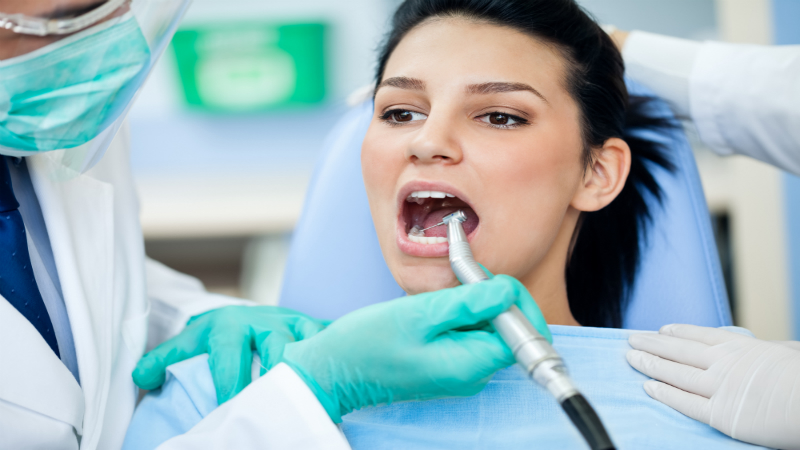Many people experience severe anxiety at the dentist’s office, often due to the vulnerability of having the mouth exposed or the bright lights and loud noises. This often drives people away from visiting the dentist and, as a result, their overall oral health suffers.
Sedation to Relieve Anxiety
Sedation dentistry in Topeka, KS offers people with anxiety relief from their fears as the dentist works to improve their health and their smiles. A variety of options allows patients to see if sedation is right for them and if it will help them get through each appointment. While many people think that sedation dentistry means that they will be put under, this is not always true because there are a variety of options.
The Three Types of Sedation
When a dentist mentions sedation dentistry, he or she is referring to three different categories of sedation and anxiety relief. These options allow patients to see which method gives them the most stress relief during short or long procedures.
- Nitrous oxide, or laughing gas, is delivered using a nasal hood that forces the patient to inhale the sedative. This method typically works very quickly but is considered the lightest sedative because it wears off very quickly.
- Oral sedation allows the patient to take the sedative in the form of a small pill and typically has a few mild side effects. Patients may feel tired or groggy immediately following the appointment so it is always a good idea to have a driver ready.
- Intravenous sedative is the deepest sedative and is only typically used during major surgeries. Because the sedative is administered directly in the bloodstream, it acts quickly and will optimally last the entire appointment. Potential side effects include dizziness and nausea so patients should always speak to their doctor and dentist to make sure this is right for them.
If you believe that sedation dentistry may be right for you, click here for more information and consult with your doctor about which type of sedation works for your dentistry needs.



